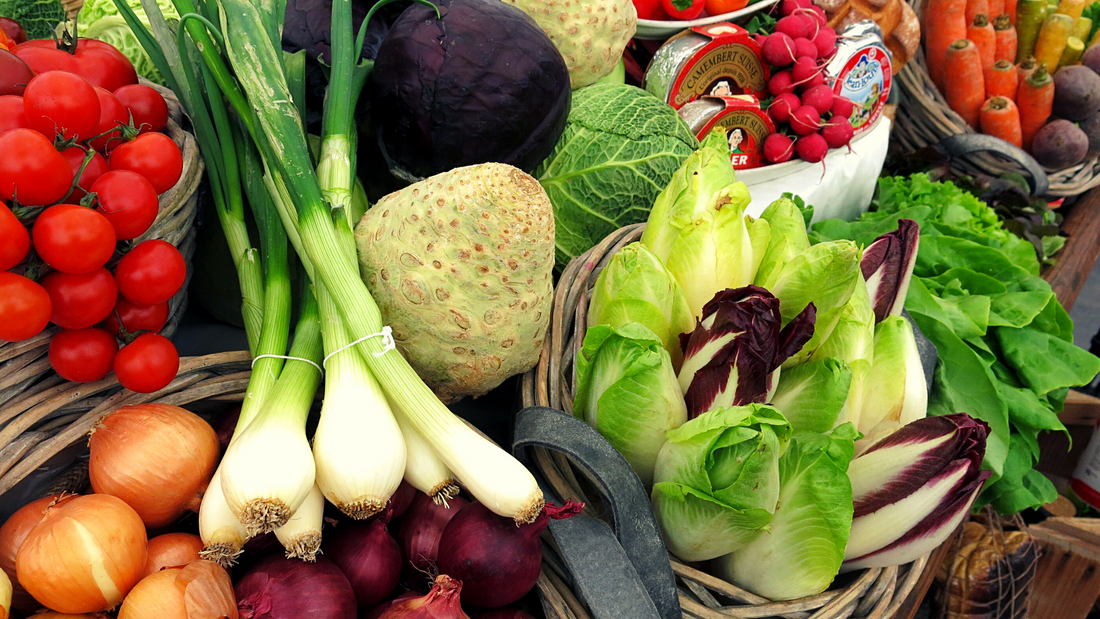5 Reasons to Avoid Animal Products and Eat More Plants

Animal products can cause more damage to our health than we realize. Certain compounds concentrated in animal products present risks for future health issues. Here are 5 reasons to avoid animal products and eat more plants.
1. Saturated Fat
Saturated fat is a fatty acid that has been known to and proven to (backed by substantiated literature and studies) promote chronic disease. It promotes atherogenesis (a disease of the artery wall) and therefore cardiovascular disease and type 2 diabetes. It’s best to limit your saturated fat intake. The American Heart Association recommends to limit your saturated fat intake to no more than 5-6% of your total calories in a day. Interestingly, someone on a plant-based diet gets just about 5-6% of their total calories from saturated fats, mostly from nuts and seeds.
2. Heme Iron
There are two forms of dietary iron: heme and non-heme iron. Heme iron is a pro-oxidant, a substance that can produce oxygen byproducts of metabolism that can cause damage to cells and promote chronic disease. According to a NCBI study, "High heme intake is associated with increased risk of several cancers, including colorectal cancer, pancreatic cancer and lung cancer." You can get plenty of non-heme iron from plant foods by eating lots of legumes and leafy greens which are health-promoting.
3. Carnitine and Choline
Carnitine is found in many animal products, red meat containing the highest levels. Choline is most commonly found in eggs and milk products. In an omnivorous body, a person's microbiome converts these compounds into another compound called TMAO, which promotes inflammation and is associated with cardiovascular disease. According to a Harvard Health study, "people with high blood levels of TMAO may have more than twice the risk of heart attack, stroke, or other serious cardiovascular problems, compared with people who have lower levels." If you’re already on a plant-exclusive diet, and you take in carnitine and choline, your gut microbes can not convert it into the harmful compound, TMAO.
4. Excessive amino acids
Just because something is good, doesn’t mean more is better. We know that everyone is on a persistent pursuit of protein, but we get enough protein from plants. So much so that when you consume too much protein that is a problem too. An excessive amount of amino acids is linked with decreased longevity and increased mortality, and increased chronic disease risk. We don’t need to get MORE protein, we need to get just the right amount. You get the right amount when you focus on eating vegetables, whole grains, fruits, legumes, nuts, seeds, mushrooms, herbs, and spices - in infinite tasty combinations.
5. Missing compounds: Phytonutrients and Fiber
Phytonutrients and fiber are the most health-promoting nutrients to put in our body and are found exclusively in plant foods. Animal products contain no phytonutrients or fiber. Fiber helps clean out bacteria in your intestines and helps you have regular bowel movements, reducing constipation. High-fiber diets also help with weight loss and maintenance by slowing down the rate sugar is absorbed, helping you maintain healthy blood sugar levels. Plant-based foods, such as fruits, vegetables, nuts, seeds, beans, and whole grains are great sources of fiber. Phytonutrients are natural chemicals found in plant foods rich in antioxidants that help prevent damage to cells throughout the body and help protect us from chronic diseases. Both phytonutrients and fiber are essential health-promoting compounds missing from animal products that can only be found in a plant-based diet.

